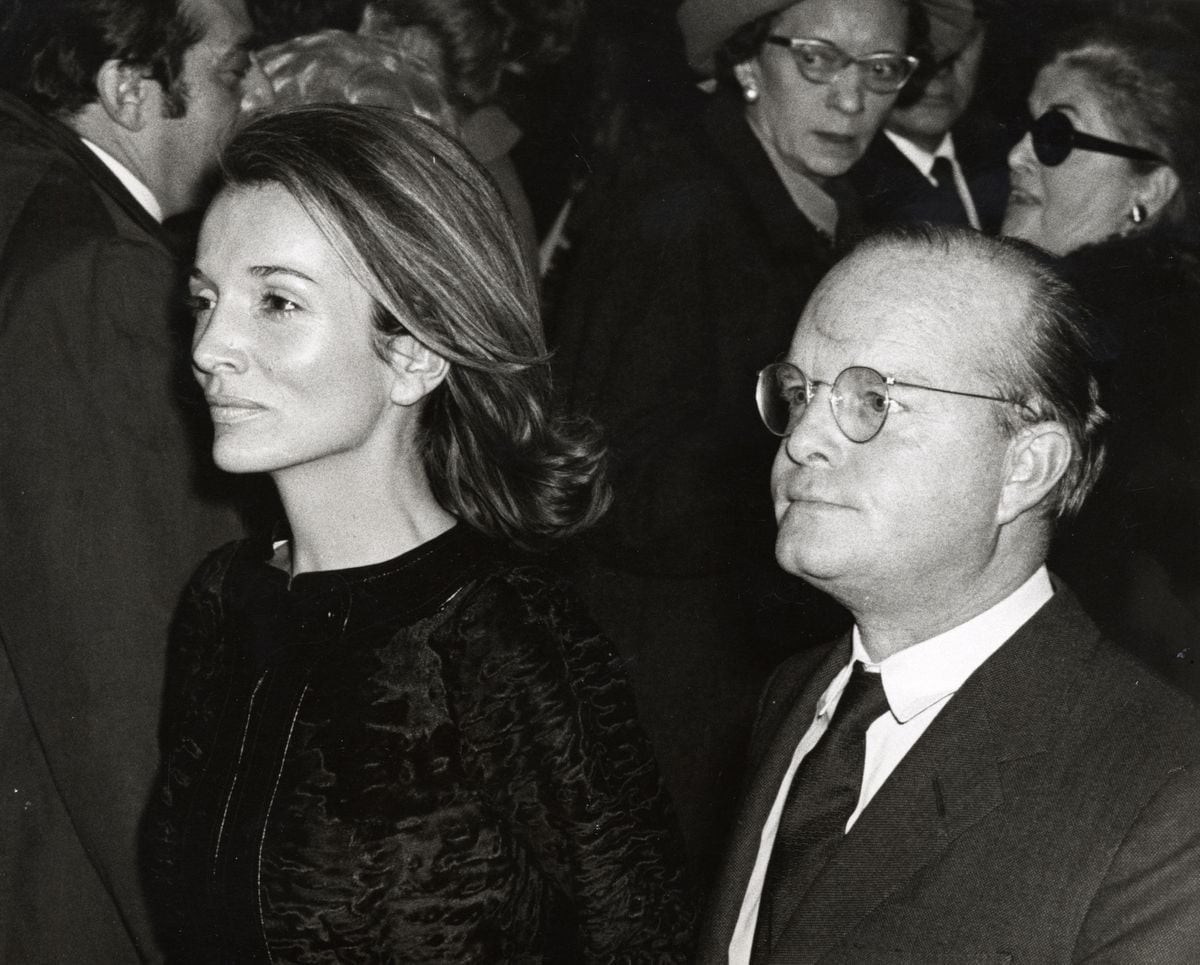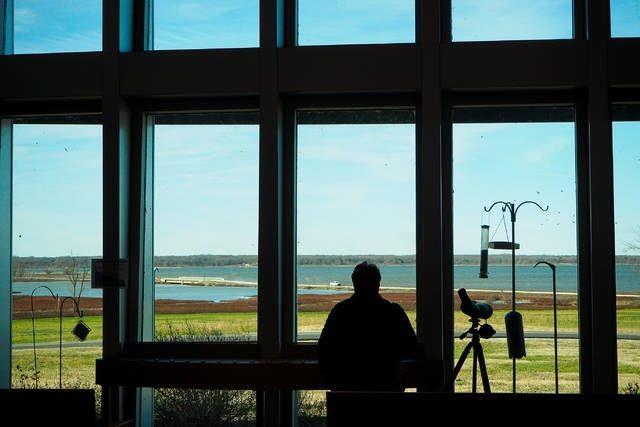They were women who “even though they weren’t born rich, they were born to be rich.” The quote is from Truman Capote, a novelist from Breakfast at Tiffany’s. They were beautiful, wealthy, glamorous and envied women, whom the writer cultivated in the 1950s and 1960s. They were his “swans”, as he defined them. Capote listened to their secrets, their deepest desires and their fears. Barbara Babe Paley, beautiful among the beautiful and wife of CBS director Bill Paley; Nancy Slim Keith, a Californian model whom Clark Gable was in love with, went hunting with Ernest Hemingway and married film director Howard Hawks; Pamela Churchill, ex-wife of Winston Churchill’s son; Lee Radziwill, Jackie Kennedy Onassis’ little sister …
On Capote’s Women: A True Story of Love, Betrayal, and a Swan Song for an Era (The women of Capote: a true story of love, betrayal and a swan song for an era), Laurence Leamer, author of some books that have reached the list of best sellers From the newspaper The New York Times, traces the rise and fall of Capote through those women he ended up betraying when it was published in 1975 The Basque Coast 1965, as a preview of what he planned to be – and never was – his great masterpiece Answered Prayers. Who had been one of the favorite figures in literature since he was 23 years old exposed the gossip, secrets, infidelities and betrayals of the refined high ladies.
/cloudfront-eu-central-1.images.arcpublishing.com/prisa/UM2OTPA6Y5AQJEDFXKHDJ5RYEE.jpg)
Leamer relates in his book that he is incapable of understanding this final vileness of the novelist of Cold-blooded against those women. Capote justified what was written, without his classic fedora moving a millimeter. “What did you expect? I am a writer and I use everything ”. In his defense, the consecrated author declared to the magazine Playboy after the controversy broke out: “All literature is gossip.” “What is in this vineyard of Mr. Anna Karenina or War and Peace or Madame Bovary, if not, a gossip?”.
It was of little use to him to search for masterpieces for his exoneration. By exposing the secrets of the richest and most powerful in Manhattan, he committed social suicide. Perhaps Capote was unable to imagine that when he entrusted to his friend Marella Agnelli (wife of Gianni Agnelli, CEO of Fiat) the metaphor that he was building a book like creating a pistol, “with the grip, the trigger, the barrel and the bullet that when leaving with great speed and power causes an explosion never seen before ”that shot would end up exploding in his face. His swans turned against him and he was exiled from the society he craved.

There was “a swan” that followed with Capote almost until the end of the writer’s life, who died young at 59, in 1984. Lee Radziwill, married to a Polish prince whose title was worthless, but for whom she she was called a princess until even after her divorce, she was suffocated with Capote’s attention. He praised her through the pages of Vogue and she felt smart by association. As with the rest of the swans, Capote listened and listened — while taking notes — the illusions and resentments of the false princess.
Leamer tells starkly in one of the book’s chapters the almost pathological jealousy Radziwill felt for his sister Jackie. Once again, it was Capote who recounted in detail, in a cruel and evil way, Lee’s feelings. The writer wanted revenge. Radziwill turned his back on her when she refused to testify on his behalf in a lawsuit that Capote had with Gore Vidal, who had sued him for a million dollars at the time for telling that Bobby Kennedy expelled him from the White House during a party for being drunk and trying to touch the First Lady’s back. For Capote, Vidal was “a mediocre writer” and “a miserable human being.” The sentiment was reciprocal in Gore Vidal.
One morning in June 1979, Capote appeared in New York before the cameras of the program The Stanley Siegel Show to settle accounts with Radziwill, who had just called the writer a “fag.” Capote decided to put on a show and play “a fag”, but “not just any fag”, writes Leamer, but “a southern fag”. During a devastating monologue, Capote told everyone who would listen that Radziwill dreamed of marrying Aristotle Onassis – they were lovers – but that his sister took him away. “I know Lee wouldn’t want me to share any of this, her jealousy for Jackie, her hopes for Onassis, the pain when her husband left her. But you know how we southern fags are, we can’t keep our mouths shut. “
The question that Leamer’s book raises is whether Capote ended up betraying “his swans” for his rampant use of drugs, pills, and alcohol, or was it that betrayal that definitely pushed him into the abyss of addiction.






